Poland and Slovakia are responding differently to Ukraine’s energy crisis, with Poland offering support while Slovakia considers cutting back on assistance. This divergence highlights the complexities of European energy politics and the broader impact of geopolitical decisions.
Poland’s Offer to Supply Electricity to Ukraine
Poland’s Minister of Climate and Environment, Paulina Hennig-Kloska, has confirmed that Poland is prepared to supply electricity to Ukraine if Slovakia stops its shipments. According to her, Poland has enough capacity to increase electricity exports, but this will only happen if Ukraine formally requests it.
Her statement comes amid growing concerns about Slovakia’s stance on aiding Ukraine. She criticized Slovak Prime Minister Robert Fico, arguing that his actions do not align with European values and urging Ukraine to accept Poland’s offer.
Slovakia’s Position and the Potential Aid Cut
Slovak Prime Minister Robert Fico has suggested that his country might halt electricity supplies to Ukraine. His reasoning is linked to economic concerns, including losses suffered due to the stoppage of Russian gas transit through Ukraine. He has also threatened to cut aid to Ukrainian refugees unless Slovakia receives compensation for the financial impact.
Fico’s stance reflects a shift in Slovakia’s approach toward Ukraine, prioritizing national economic interests over continued support for its neighbor.
What This Means for Ukraine and Europe
The differing positions of Poland and Slovakia highlight the challenges Ukraine faces in securing energy supplies. Energy security is a major concern, especially during winter, as Ukraine continues to recover from the impact of war. If Slovakia follows through on its threats, Ukraine will need alternative sources of electricity to maintain stability.
Why Is This Important?
- Ukraine’s Energy Needs: With its power infrastructure already weakened by conflict, Ukraine needs reliable energy sources to sustain its population and economy.
- European Solidarity: Poland’s willingness to step in contrasts sharply with Slovakia’s hesitancy, raising questions about the unity of European support for Ukraine.
- Geopolitical Implications: This situation underscores the broader struggle for energy independence and the consequences of relying on Russian energy supplies.
Practical Implications and Possible Outcomes
If Poland proceeds with electricity exports to Ukraine, it could strengthen ties between the two nations and reinforce Poland’s role as a key supporter of Ukraine in the region. However, logistical challenges may arise, including grid compatibility, pricing negotiations, and political considerations.
On the other hand, Slovakia’s decision to limit support could strain its relations with Ukraine and other European allies. Slovakia may also face criticism from the European Union if its actions are perceived as undermining regional stability.
Lessons from the Situation
This development serves as a reminder of the importance of energy independence and diversification. Countries that rely too heavily on one source or route for energy supplies can find themselves vulnerable when geopolitical tensions rise.
Possible Solutions
- Strengthening Regional Energy Cooperation: Countries in Central and Eastern Europe should work together to ensure a stable and diversified energy supply network.
- Investing in Renewable Energy: Ukraine and its neighbors could reduce dependence on external energy sources by investing in wind, solar, and hydroelectric power.
- Developing Alternative Gas Routes: To mitigate supply disruptions, Europe should explore new gas transit options and reduce reliance on Russian pipelines.
Conclusion
Poland and Slovakia’s differing approaches to supporting Ukraine reflect broader tensions in European energy policy. While Poland is stepping up to assist, Slovakia is considering reducing its aid. This divide could have long-term implications for regional politics, energy security, and European unity.
As Ukraine navigates this complex situation, international support will remain crucial in ensuring that it has access to the energy resources it needs to sustain its population and economy. How European nations respond in the coming months will shape the future of energy cooperation and political alliances in the region.

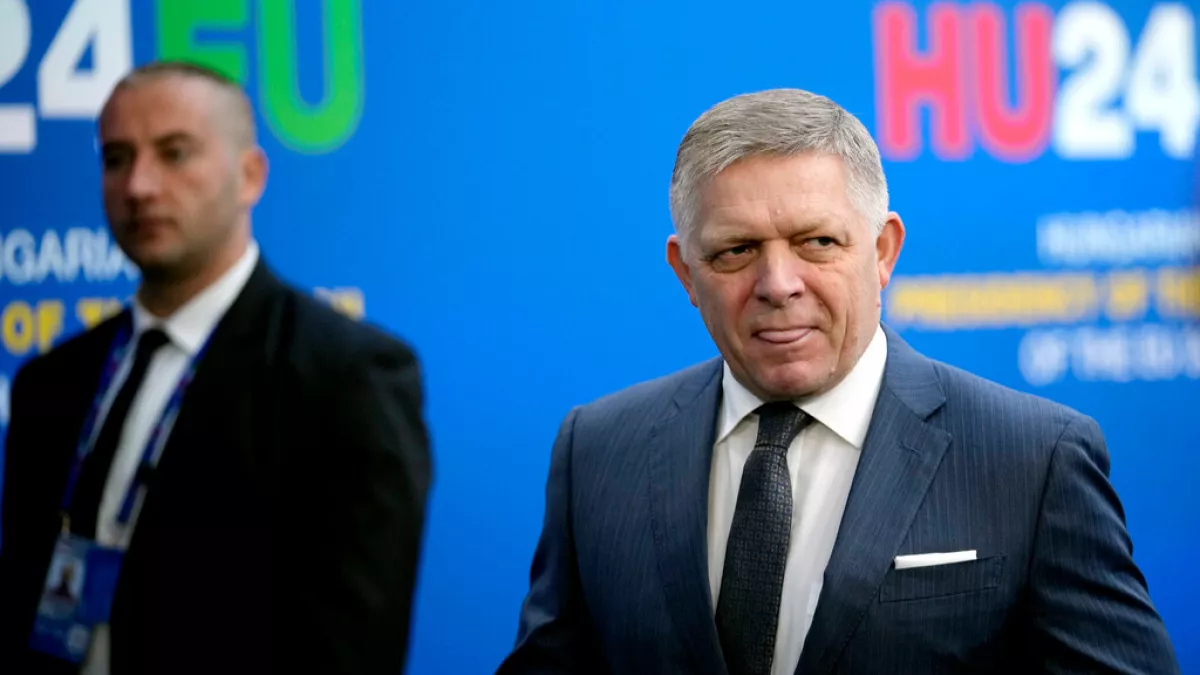

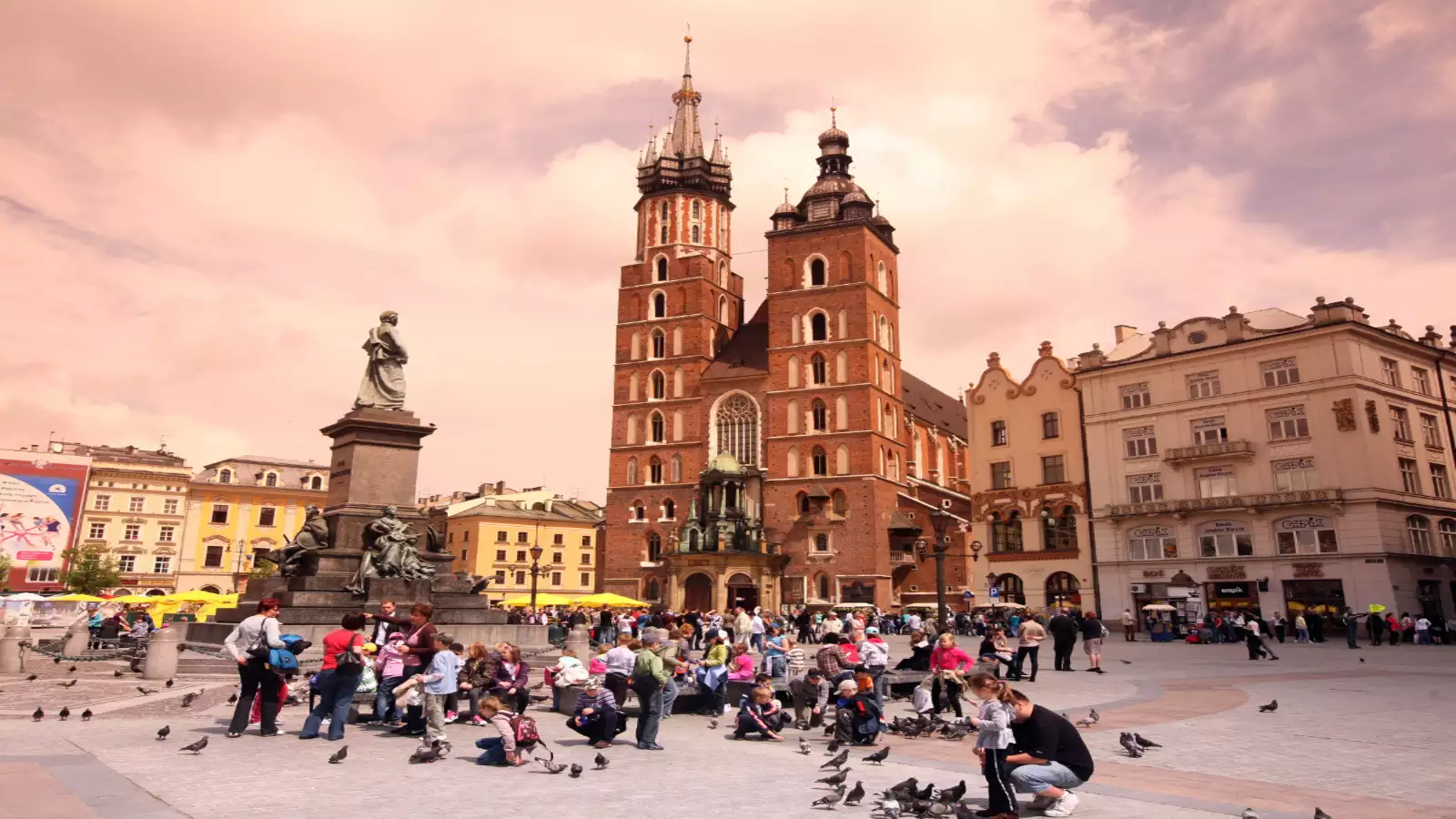










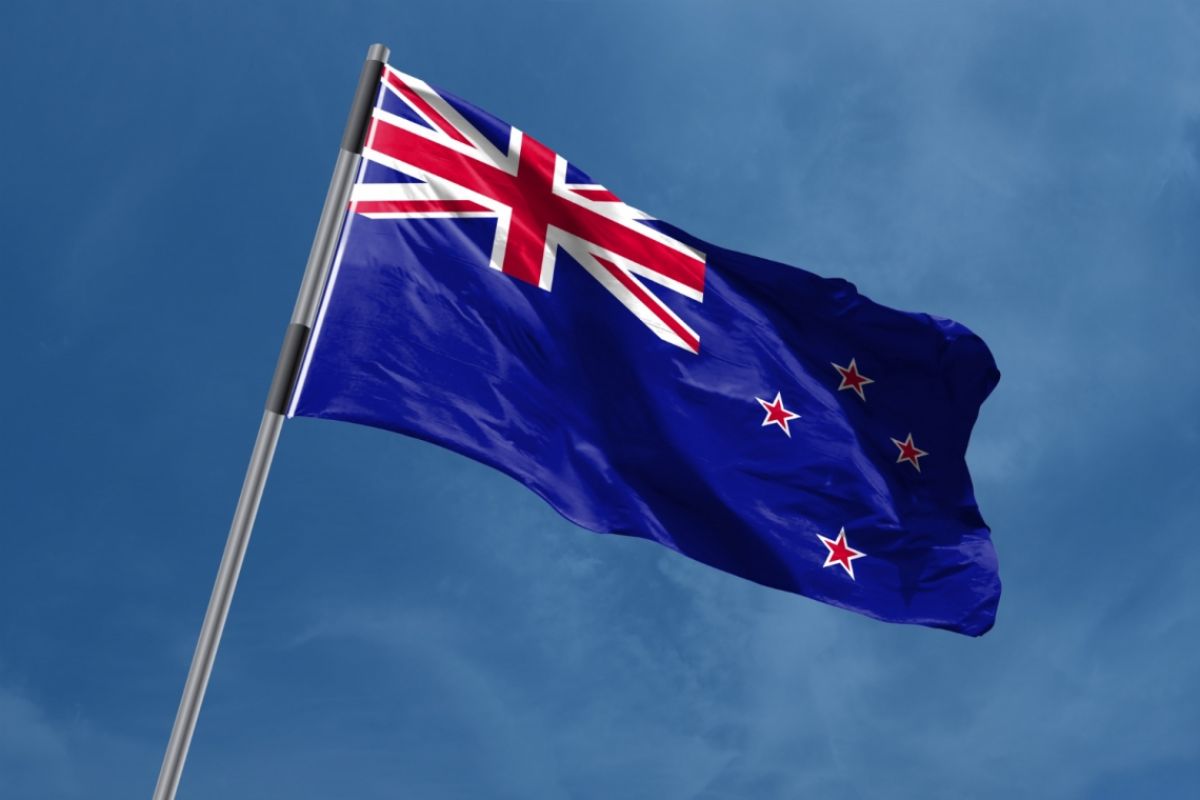
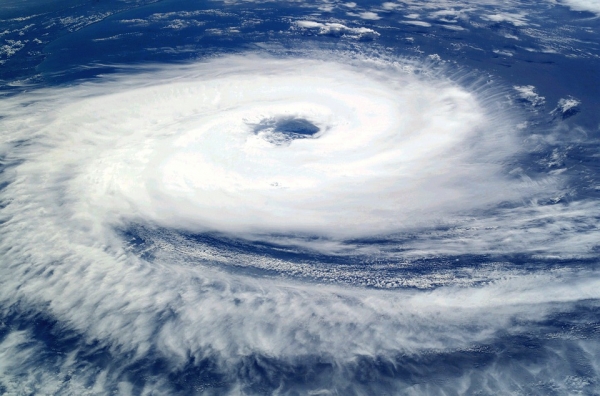





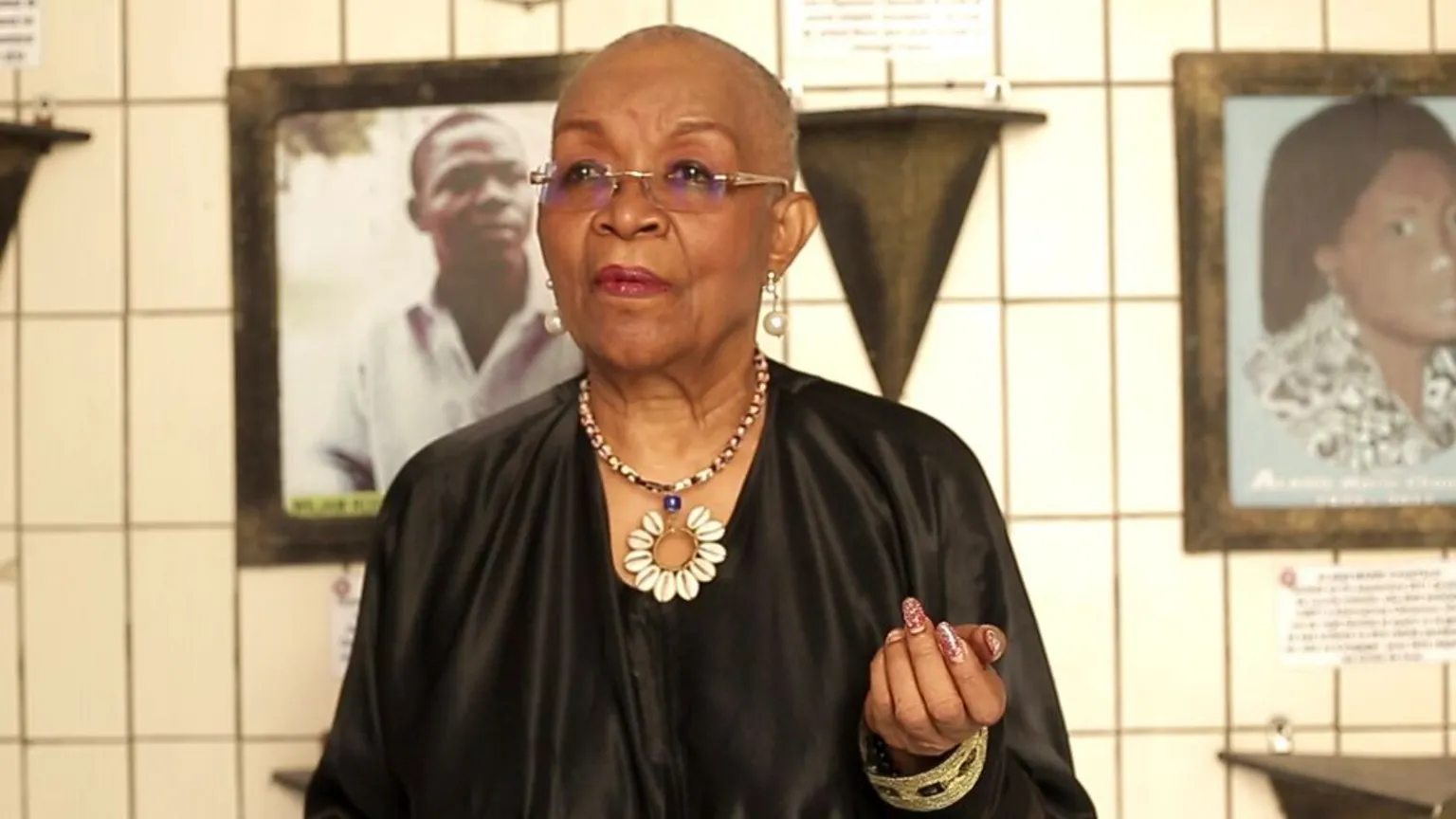





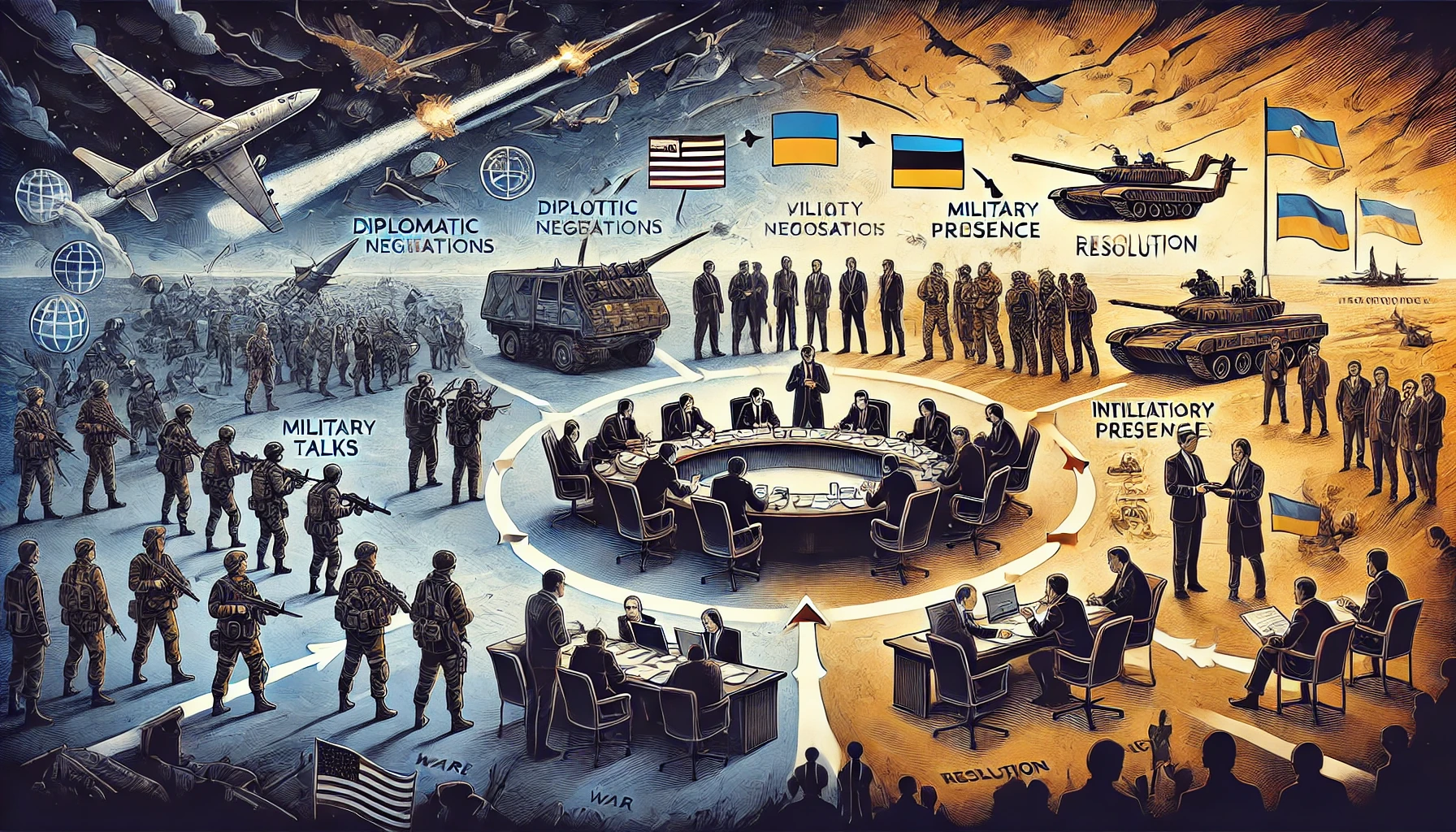

0 Comments